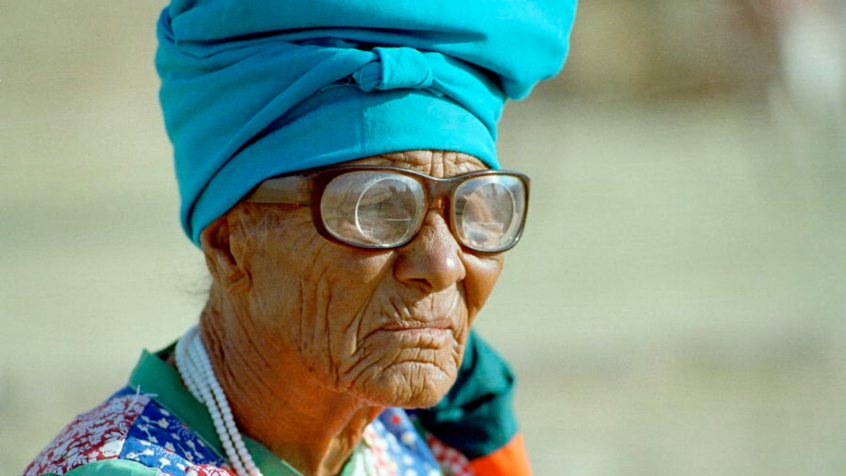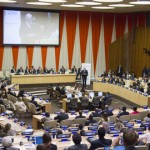
2020 World Elder Abuse Awareness Day: The impact of COVID-19 on violence, abuse and neglect of older persons
The UN General Assembly designated 15 June as World Elder Abuse Awareness Day (res. A/RES/66/127). According to WHO estimates, 1 in 6 people aged over 60 suffers from abuse. That means nearly 141 million people globally. This number might be much higher as elder abuse is one of the most hidden and underreported violations.
COVID-19 has put a spotlight on older persons including distressing reports of instances of abuse and neglect of older persons in long term care institutions. Not only older persons are at a high risk of serious illness and mortality, but they are also stigmatized through abusive language in both the conventional and social media.
Despite the lack of reliable data on the actual scale of elder abuse in the community where the majority of older persons live, emerging reports reveal the high impact of the COVID-19 pandemic both in the rise of cases of abuse and in the disruption of the services and protective measures.
The UN Secretary-General in his Policy Brief: The Impact of Covid-19 on Older Persons warned that measures to restrict movement may trigger greater incidence of violence against older persons and all types of abuse – physical, emotional, financial and sexual as well as neglect. He also claimed that the lack of adequate legislation at national level to protect the rights of older persons and the absence of a dedicated internationally agreed legal framework, contribute to the vulnerability of older persons and may have contributed to the inadequate responses to the COVID-19 crisis and that these gaps must be filled.
There is an urgent need to combat and prevent this serious human rights violation. Many Member States’ delegations at sessions of the Open-ended Working Group on Ageing expressed the need to develop universally applicable normative standards for the protection of older persons against violence, neglect and abuse, which would contribute to providing a comprehensive response and would also provide guidance for the development of a reporting, accountability and remedy mechanism for such violations suffered by older persons.
Verbal abuse and hate speech: Do they lead to other types of abuse? When do under or/and over-protection become abuse? Have lockdowns increased the risk of financial exploitation. What are examples of passive and active neglect?

The impact of COVID 19 on violence, abuse and neglect of older persons
Virtual Event
Tuesday 16 June 2020 at 08:00-09:00 EST (NY), 14:00-15:00 CET (Geneva)
Opening Remarks
- Ambassador Milenko Skoknic, Permanent Representative of Chile to the United Nations in New York, Chair of The Group of Friends of Older Persons, New York
- Robert Muller, Deputy Permanent Representative of Austria to the UN, Geneva Member of the Group of Friends of the Human Rights of Older Persons, Geneva
Panelists
- Claudia Mahler, UN Independent Expert on The Enjoyment of All Human Rights by Older Persons
- Etienne Krug, Director of Department of Social Determinants of Health, WHO
- Jilenne Gunther, National Director of BankSafe at AARP Public Health Policy Institute
- Chief Kikelomo Laniyonu Edwards, Founder and CEO of Dementia Care Society of Nigeria
- Michael S. Mulvey, Assistant Professor of Marketing at the University of Ottawa
Co-Moderators
- Amal Abou Rafeh, Chief, Programme on Ageing, United Nations (UN DESA)
- Monica Ferro, Director, Geneva Office, United Nations Population Fund (UNFPA)
The panel was followed by a session of questions and answers with the audience.
Resources:
- HelpAge International Communications Toolkit
- Statement by the newly appointed UN Independent Expert on the enjoyment of all human rights by older persons, Claudia Mahler
For questions please contact: Silvia Perel-Levin: s.perel58@gmail.com and Susan Somers: sbsomers5@aol.com
Photo Credit: United Nations Photo

